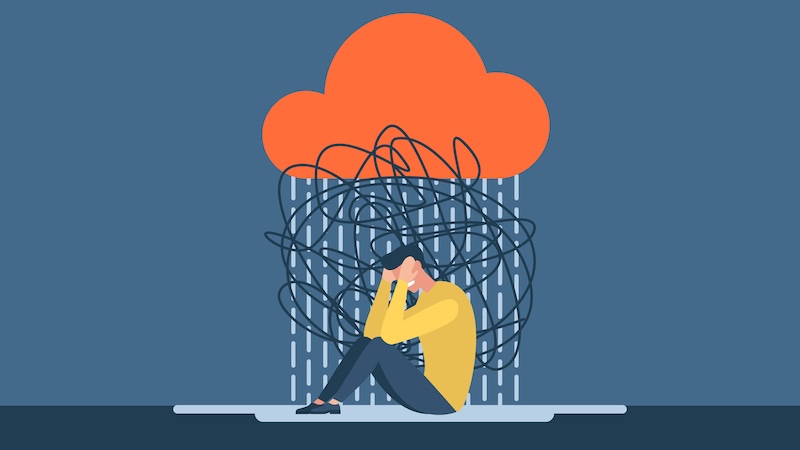AI could help develop new treatments for people with childhood trauma. This is the result of a study by the University of Essex based on hundreds of brain scans.
In a recent study, researchers investigated how childhood trauma affects the human brain. It is considered the world’s largest study in this area and could give new hope to those affected.
AI raises hope for people with childhood trauma
For the study, a team of researchers from the University of Essex used artificial intelligence to examine hundreds of brain scans of people who were abused or experienced emotional pain as children. The result: childhood trauma can impair development and affect areas such as problem solving and empathy.
According to co-author and neuroscientist Megan Klabunde, this finding could lead to new treatment methods to reverse the effects of trauma. These are usually dangerous or life-threatening events that trigger intense fear.
Artificial intelligence recognizes new data patterns
Other studies have previously shown that childhood trauma can affect brain development. However, the University of Essex study was the first to use AI to identify new data patterns and better understand the brain scans.
According to Megan Klabunde, the researchers were able to show “that there are clear changes in two large clusters in the brain”. She added: “We now know that problem solving and self-focus are impaired, which means that someone could have problems with emotions, building relationships and even understanding their own body”.
Trauma can also affect memory and decision-making. Conventional therapies, meanwhile, are often aimed at combating the symptoms of post-traumatic stress disorder. According to Megan Klabunde, however, this “overlooks an important piece of the puzzle”.
With the help of AI, the researchers have now discovered that childhood trauma can affect the body, self-esteem and relationships even without obvious symptoms. The new findings should in turn help to find the right treatments to reverse the effects.










